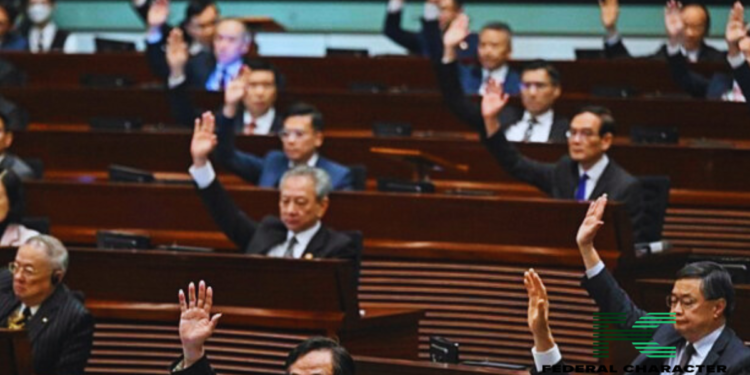A new national security law has come into force in Hong Kong on Saturday regardless of growing international criticism that it could encumber freedoms in the China-ruled city and destroy its international financial hub credentials.
The law, aka Article 23, had taken effect at 12:00pm, days after Hong Kong’s pro-Beijing lawmakers passed it with one accord, fast-tracking legislation to enforce what authorities have called national security loopholes.
The United States have shared concerns that the law would further erode the city’s autonomy and damage its reputation as an international business hub.
The U.S. Secretary of State Antony Blinken had said in a statement that the law included vaguely defined provisions concerning sedition, state secrets and interactions with foreign entities.

Australia and Britain had on Friday criticised the law after a bilateral meeting in Adelaide, expressing “intense concerns about the continuing systemic erosion of autonomy, freedoms and rights” in Hong Kong.
Meanwhile, Australia, Britain and Taiwan have updated their travel advisories for Hong Kong, encouraging citizens to exercise caution.
To this move, Hong Kong authorities have “strongly condemned such political manoeuvres,” tagging it as “a skewed, fact-twisting, scaremongering and panic-spreading claim.”
Hong Kong, a former British colony, had returned to Chinese rule in 1997 with the promise that its high degree of autonomy and freedoms would be protected under a “one country, two systems” formula.

















